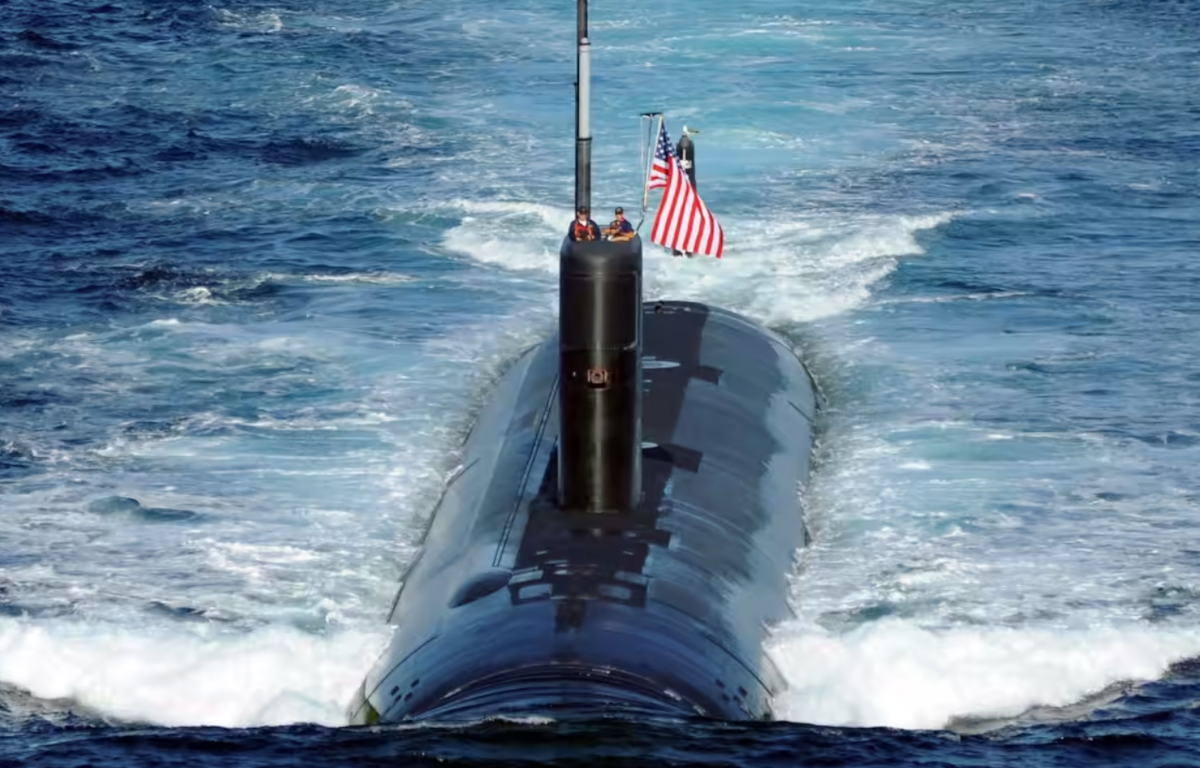
This alarming revelation has heightened concerns among policymakers and experts about the escalating tensions in the Indo-Pacific region and the implications of a conflict between China and Taiwan.
China’s military buildup and strategic maneuvers have been a cause for concern among regional and global stakeholders for several years. The People’s Liberation Army (PLA) has significantly modernized its capabilities, investing in advanced weaponry, cyber capabilities, and naval assets. This rapid military transformation has raised questions about China’s intentions and its commitment to regional stability.
Tensions in the Taiwan Strait have intensified in recent years, with China asserting its territorial claims over Taiwan and increasing military activities near the island. Incursions by Chinese military aircraft into Taiwan’s airspace, naval drills in the vicinity, and diplomatic pressure to isolate Taiwan internationally have all contributed to a volatile situation.
The United States, a key ally of Taiwan, has closely monitored developments in the region and expressed support for Taiwan’s security and autonomy. US officials have warned against any attempt by China to use force to achieve reunification with Taiwan, emphasizing the need for peaceful resolution of cross-strait issues.
The US military presence in the Indo-Pacific, including regular freedom of navigation operations and joint military exercises with regional partners, reflects a commitment to deterrence and stability in the region. However, the escalating tensions and China’s military advancements have prompted a reevaluation of strategic calculations and contingency plans.
The prospect of a potential Chinese invasion of Taiwan carries significant implications for regional security and global stability. A conflict in the Taiwan Strait could escalate into a broader regional confrontation, drawing in other major powers and disrupting international trade and commerce.
Moreover, the status of Taiwan is a sensitive geopolitical issue with far-reaching consequences. Taiwan is a vibrant democracy with a thriving economy and strong international ties. Any attempt to forcibly change its status quo could have profound political, economic, and security ramifications.
Efforts to manage the Taiwan-China relationship through diplomatic channels remain crucial. Dialogue, confidence-building measures, and adherence to established norms and agreements can help reduce tensions and prevent miscalculations that could lead to conflict.
At the same time, regional powers and the international community must work together to uphold a rules-based order, safeguard freedom of navigation, and promote peaceful resolution of disputes in the Indo-Pacific.
As China continues to enhance its military capabilities and assert its regional influence, the potential for a conflict over Taiwan looms large. The US assessment that China could be ready to invade Taiwan by 2027 underscores the urgency of diplomatic engagement, crisis management, and concerted efforts to preserve peace and stability in the Indo-Pacific. The coming years will be crucial in shaping the future of the region and the global balance of power.










Share this: